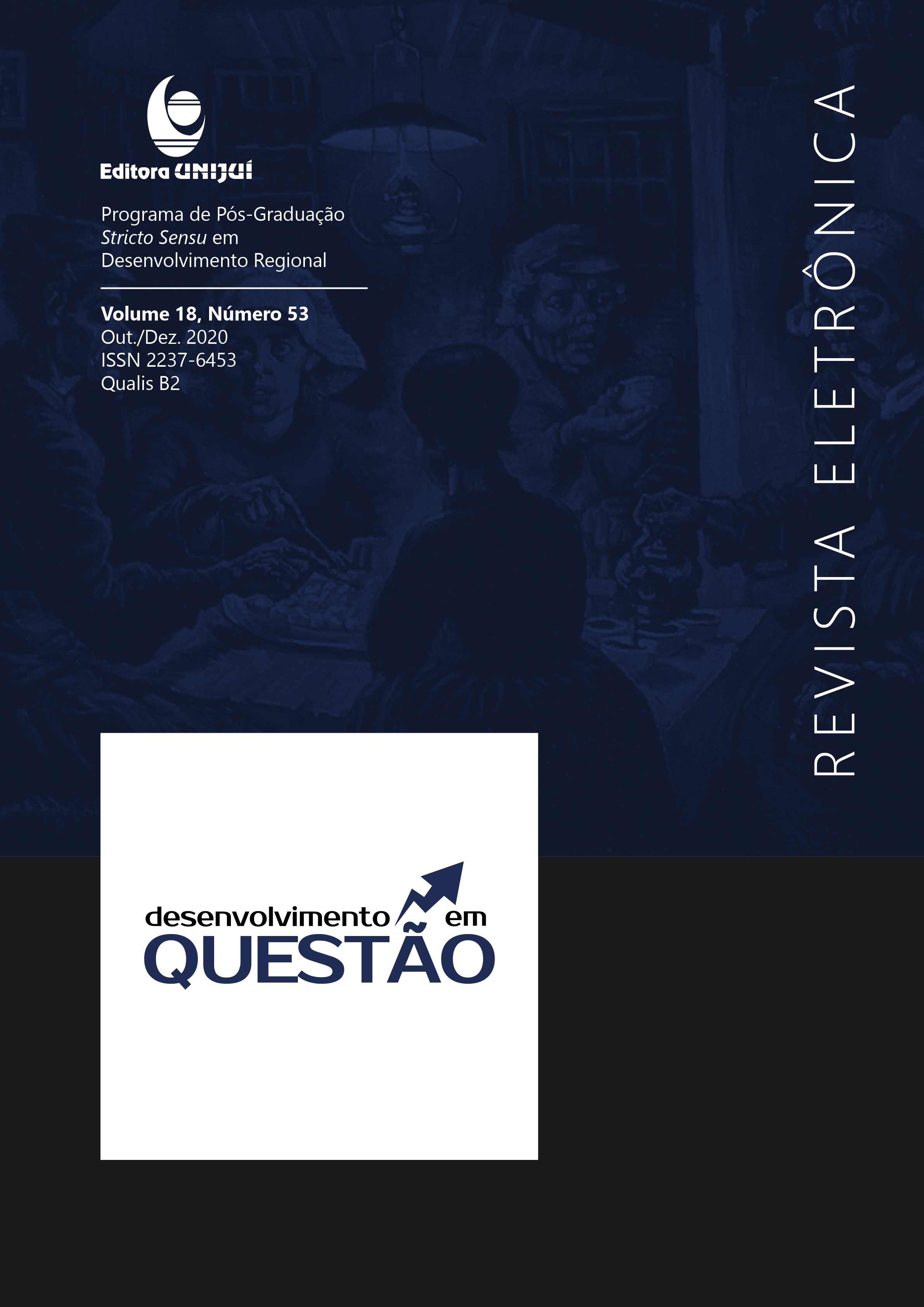THE IMPACT OF CENTRAL BANK OF BRAZIL RESULTS ON FULFILLMENT WITH THE GOLDEN RULE
DOI:
https://doi.org/10.21527/2237-6453.2020.53.120-137Keywords:
Public Finance, Golden Rule, Central Bank ResultsAbstract
The Golden Rule, established in Brazil by article 167 of the Federal Constitution of 1988, aimed to improve the quality of public spending, avoiding an increase in current expenses financed by the assumption of credit operations. However, up to the year 2000, there is a constant fiscal imbalance in the country, that is, spending remained higher than revenues, directly impacting economic growth. In this context, Complementary Law 101, known as the Fiscal Responsibility Law (LRF), was defined in 2000, defining criteria, conditions and limits for budgetary, financial and asset management and implementing new mechanisms for controlling public expenditures. However, how the Golden Rule was implemented in Brazil allows it to be fulfilled even with the indebtedness growing well above public investments. This is because the high volume of financial revenues available to the Brazilian federal government, among them, the positive result of the Central Bank transferred to the National Treasury, contributes to its fulfillment. In this sense, the objective of this article is to analyze the impacts of the transfer of the results of the Central Bank, in the period from 2008 to 2017, in compliance with the Golden Rule in Brazil. The analysis shows that, especially from 2010 onwards, the transfer of operating income and the foreign exchange operations of the Central Bank to the National Treasury contributed to the National Treasury demonstrating compliance with the Constitutional mandate. However, as a consequence, the control of public indebtedness and fiscal balance was impaired.
Downloads
Published
How to Cite
Issue
Section
License
By publishing in Revista Desenvolvimento em Questão, authors agree to the following terms:
All works are published under the Creative Commons Attribution 4.0 International License (CC BY 4.0), which allows:
Sharing — to copy and redistribute the material in any medium or format;
Adaptation — to remix, transform, and build upon the material for any purpose, even commercially.
These permissions are irrevocable, provided that the following terms are respected:
Attribution — authors must be properly credited, a link to the license must be provided, and any changes made must be indicated.
No additional restrictions — no legal or technological measures may be applied that legally restrict others from doing anything the license permits.
Notices:
The license does not apply to elements that are in the public domain or covered by legal exceptions.
The license does not grant all necessary rights for specific uses (e.g., image rights, privacy, or moral rights).
The journal is not responsible for the opinions expressed in the articles, which are the sole responsibility of the authors. The Editor, with the support of the Editorial Board, reserves the right to suggest or request modifications when necessary.
Only original scientific articles presenting research results of interest that have not been previously published or simultaneously submitted to another journal with the same purpose will be accepted.
Mentions of trademarks or specific products are intended solely for identification purposes and do not imply any promotional relationship by the authors or the journal.
License Agreement (for articles published from 2025 onward): Authors retain the copyright to their article and grant Revista Desenvolvimento em Questão the right of first publication.











